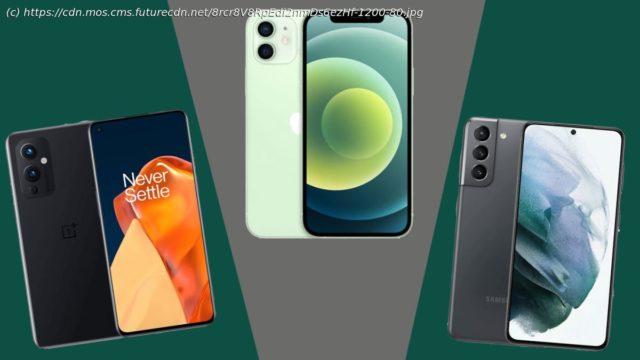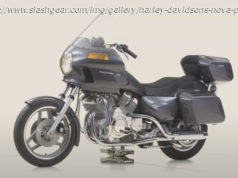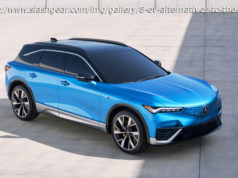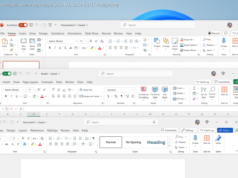The OnePlus 9 could tempt lots of buyers away from the Samsung Galaxy S21 and iPhone 12, but should it?
The OnePlus 9 is one of the most high-profile handsets around. Not quite a match on that front for the Samsung Galaxy S21 or the iPhone 12, but close, and as such those two phones are likely to be its biggest rivals. These three handsets are all flagships, and they’re all the standard model in their ranges – so not the top one, but the one that might well have the most mass appeal. They all pair high-end specs with high-end prices, but there are plenty of differences between them too, and some areas in which one of these handsets does significantly better or worse than the others. With all that in mind, we’ve compared the OnePlus 9 to the Samsung Galaxy S21 and iPhone 12, so you can see which of these three flagships is right for you. The OnePlus 9 has a curved Gorilla Glass back, a ‘fiberglass-reinforced polymer frame’, and a flat screen with minimal bezels and a punch-hole camera in the top left corner. There’s a large camera block in the top left corner of the rear, and the phone comes in Winter Mist, Arctic Sky and Astral Black shades. Its dimensions come in at 160 x 74.2 x 8.7mm, and it weighs 192g. The Samsung Galaxy S21 meanwhile has a plastic back, so it’s slightly less premium in that sense. It has a metal frame, a flat screen with small bezels, a punch-hole camera in the top center, and a camera block in the top left corner of the rear. The Galaxy S21 comes in Phantom Gray, Phantom White, Phantom Violet, and Phantom Pink shades, and it’s 151.7 x 71.2 x 7.9mm and 171g. It’s also IP68 certified, allowing it to be submerged up to 1.5 meters deep in water for up to 30 minutes. Finally, we have the iPhone 12, which has a Gorilla Glass back, a metal frame, and a flat screen with generally small bezels, though rather than a punch-hole camera this has a large notch. Its camera block is also in the top left corner of the rear, but it’s square where the other two phones have a rectangular housing. The iPhone 12 comes in Black, White, Red, Green, and Blue shades, and it’s 146.7 x 71.5 x 7.4mm and 164g. It’s also IP68 certified like the Galaxy S21, but it’s actually even more water resistant, able to survive submersion to depths of 6 meters for up to 30 minutes. So, the OnePlus 9 is the biggest and heaviest of these phones, while the iPhone 12 is the smallest and lightest. The iPhone 12 also stands out – for better or worse – as the only one with a notch, but it’s the most water-resistant, while the OnePlus 9 is the least. The Samsung Galaxy S21 meanwhile has the least premium build, thanks to its plastic back, while the OnePlus 9 comes in the fewest different colors. The OnePlus 9 has the biggest screen of these three phones at 6.55 inches. It’s a 1080 x 2400 AMOLED display with 402 pixels per inch, a 120Hz refresh rate, and a 20:9 aspect ratio. It also has HDR10+ certification, and a maximum brightness of 1,100 nits. As for the Samsung Galaxy S21, that has a 6.2-inch 1080 x 2400 AMOLED screen with 421 pixels per inch, a 120Hz refresh rate, a 20:9 aspect ratio, HDR10+, and a maximum brightness of 1,300 nits. Then there’s the iPhone 12, which has a 6.1-inch 1170 x 2532 OLED screen with 460 pixels per inch, a 60Hz refresh rate, a 19.5:9 aspect ratio, HDR10, and a maximum brightness of 1,200 nits. So the key differences include the size – with the OnePlus 9 being the biggest while the iPhone 12 is the smallest, and the refresh rate, which the iPhone 12 loses out on as it’s half what you get on the other two. Otherwise these screens are quite similar, with comparable resolutions, aspect ratios, and levels of brightness. There are some differences as you can see in our comparison, but they’re minor.






